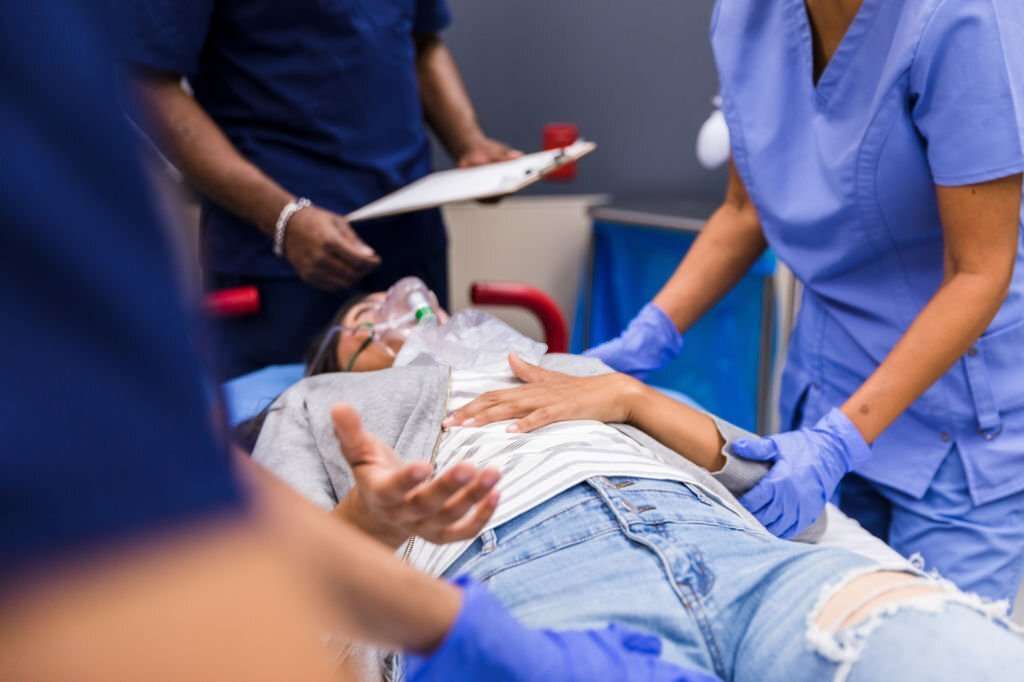


The way your body converts food into energy is affected by diabetes, a chronic (long-lasting) health disease.
Your body converts the majority of the food you eat into sugar (glucose), which is then released into your circulation. An increase in blood sugar alerts your pancreas to release insulin.Blood sugar is let into your body’s cells by insulin so that it can be used as energy.
With diabetes, your body can’t use insulin as effectively or doesn’t produce enough of it. Too much blood sugar persists in the bloodstream when there is insufficient insulin or when cells cease reacting to insulin. That could eventually lead to severe health issues like renal disease, eyesight loss, and heart disease.
There is no cure for diabetes, but doing things differently and changing your lifestyle can help a lot.Here are certain things that can help you:
Type 1 diabetes: This kind is known as an autoimmune disease, in which the body attacks itself. Your pancreas’ insulin-producing cells are killed in this situation. Type 1 diabetes affects up to 10% of those who have it. Children and young adults are typically diagnosed with it (but it can develop at any age). “Juvenile” diabetes used to be a more common name for it. Insulin must be taken daily by those with type 1 diabetes. Because of this, it is also known as insulin-dependent diabetes.
Type 2 diabetes: With this type, your body either produces insufficient insulin or the insulin is not well absorbed by your body’s cells. This form of diabetes is the most prevalent. Type 2 diabetes affects up to 95% of those who have it. People in their forties and fifties are most commonly affected. Adult-onset diabetes and insulin-resistant diabetes are two more names for Type 2. It might have been referred to as “having a touch of sweetness” by your parents or grandparents.
Gestational diabetes: This particular form of diabetes only lasts for the second trimester of pregnancy before going away. Intense monitoring and insulin are used in conjunction to manage gestational diabetes (GDM). Our GDM team typically consists of an obstetrician, a diabetes doctor, a diabetes educator, a dietitian, a midwife, and a paediatrician.
Prediabetes: Pre-diabetes requires close monitoring even though it isn’t strictly a type of diabetes. It is a condition in which a person’s blood sugar levels are higher than average but not high enough to be diagnosed with diabetes. It denotes a greater chance of developing diabetes as well as the beginning of heart or blood vessel disorders. Pre-diabetes can be controlled by maintaining a healthy weight, adhering to a balanced diet, and engaging in the recommended amount of physical activity.
Diabetic Treatment in Chennai
There are several different types of treatments for diabetes available at Deepa Hospital, including:
Medications: This includes oral medications such as metformin, sulfonylureas, and DPP-4 inhibitors, as well as insulin injections.
Insulin therapy: This involves the use of insulin injections or insulin pumps to regulate blood sugar levels.
Diet and lifestyle changes: This includes changes to the diet, such as reducing carbohydrate intake, increasing fibre, and consuming regular, balanced meals. It also involves increasing physical activity and losing weight if necessary.
Continuous glucose monitoring (CGM): This involves wearing a small device that continuously monitors blood sugar levels and provides real-time data.
Self-monitoring of blood glucose (SMBG): This involves regularly checking blood sugar levels using a glucose metre and adjusting treatment accordingly.
Bariatric surgery: This is a weight-loss surgery that can be an option for people with severe obesity and type 2 diabetes.
Pancreatic islet cell transplantation: This is a type of transplant that replaces damaged insulin-producing cells in the pancreas with healthy ones.
Artificial pancreas: This is an emerging technology that combines a continuous glucose monitor and an insulin pump to automatically regulate blood sugar levels.
We want to eradicate diabetes by providing the best results possible through a patient-centred care strategy that combines thorough clinical care with ongoing lifestyle management and some behavioural adjustments on the part of the patient.
